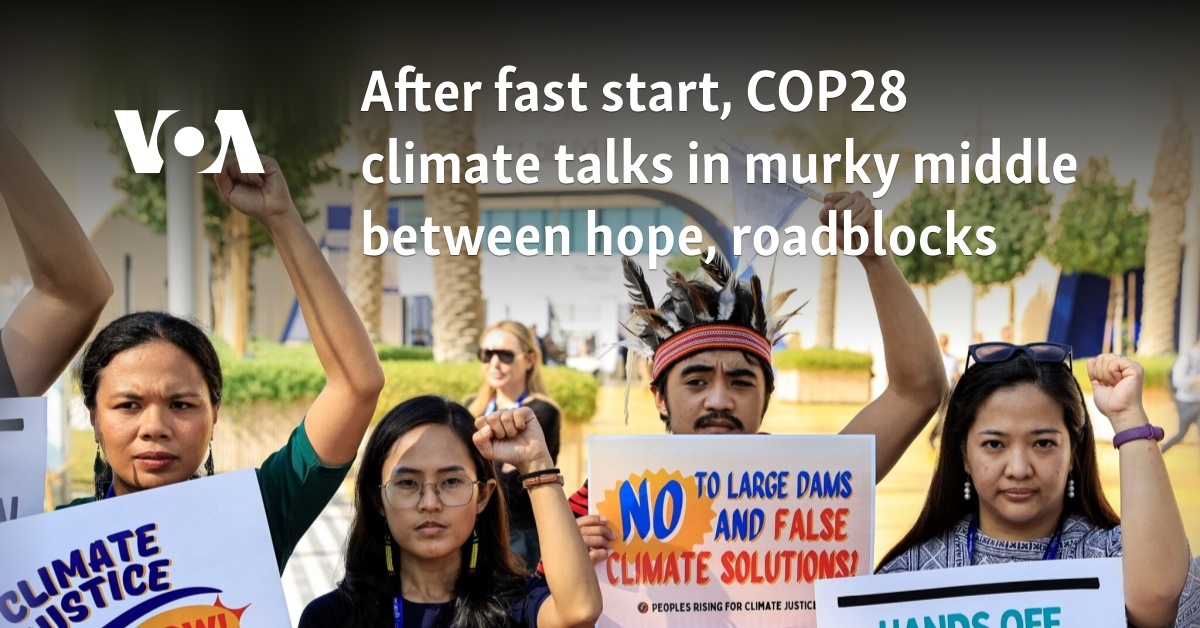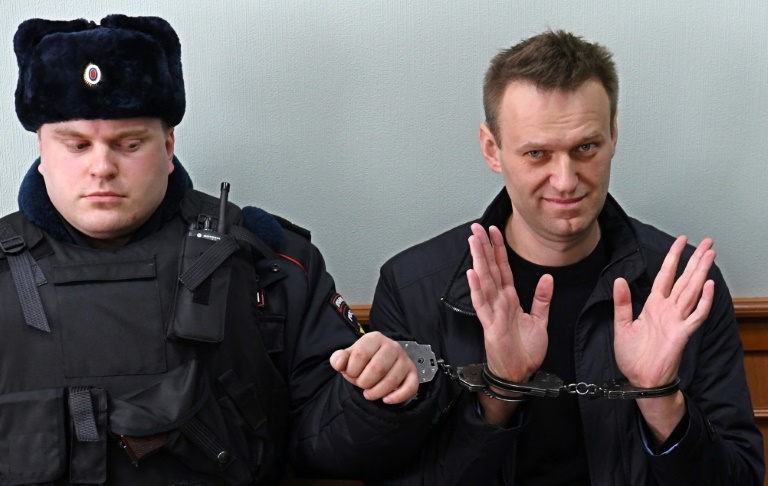After a first-day blur of rare quick action and agreement, negotiators at a critical United Nations climate summit finished their first week Wednesday in a more familiar place: the murky middle where momentum and roadblocks intertwine.
“Negotiations … are a mixed picture right now. We see big differences between individual states in some areas,” German climate envoy Jennifer Morgan said, “but there is a will to make progress.”
U.S. Special Envoy John Kerry, said, “We have done a lot in this first week, and we’ve accomplished real things.”
Proponents who are calling for a ground-shifting phase-out of fossil fuels such as oil, gas and coal have hope for the first time in years, but also see where the possibility could be torpedoed. Key issues of financial help for poor nations to decarbonize and how to adapt to warming need much more work, officials said.
That contrasts with the first day when the conference — called COP28 — put into effect a climate compensation fund and started seeing its coffers grow to more than $720 million.
U.N. Climate Secretary Simon Stiell on Wednesday warned against putting “a tick on the box” for that victory and thinking it solves the multitrillion-dollar problem of financial aid that’s needed to help cut emissions worldwide.
“We need COP to deliver a bullet train to speed up climate action. We currently have an old caboose chugging over rickety tracks,” Stiell said.
Adnan Amin, the No. 2 official in the COP and a veteran U.N. diplomat, was a bit more optimistic, saying all negotiations have ups and downs. This one, he said, is in that time when “there’s still a buzz. There’s still positivity.”
Discussions have been focused on the so-called Global Stocktake — a status of where nations are with meeting their climate goals to limit warming to 1.5 degrees Celsius (2.7 degrees Fahrenheit) compared with pre-industrial times and how they can get there. On Tuesday, negotiators produced a new draft of the text, but it had so many possibilities in its 24 pages that it didn’t give much of a hint of what will be agreed upon when the session ends next week.
Negotiators for 197 countries are going over the document word by word to see what they can live with and what they can’t, Amin said. “They have so many demands and needs. But I think it provides a very good basis for moving forward.”
Cedric Schuster, the chair of the Association of Small Island States, said failing on the Global Stocktake would “make it significantly more difficult to leave this COP saying we can achieve the 1.5 C limit.” He said major emitters and developed countries need to take the lead and ramp up efforts to phase out fossil fuels.
“If we fail, the consequences will be catastrophic,” he said.
While U.N. officials highlight worries about finance and adaptation, many at the Dubai conference are focused on language about what to do about fossil fuels. Burning coal, oil and natural gas are the chief causes of climate change. For the first time in nearly three decades of talks, the idea of getting rid of all three of them is on the agenda and a serious possibility.
“We have seen options about fossil fuel phase-out in the text. And while it’s historic to have them, they’re not enough,” said environmental activist Romain Ioualalen of Oil Change International. He pointed to 106 nations signing a document calling for a phase-out, which was mentioned by many world leaders when they made speeches in the first few days.
“The situation we’re in right now, it was unthinkable just three COPs ago to have these debates on the phase-out of all fossil fuels,” Ioualalen said. “There’s definitely momentum in the conversation. There’s definitely opposition, of course. And that’s what’s to be expected. But that’s what we need to solve.
“We’ve never been closer to an agreement for sure,” he said.







